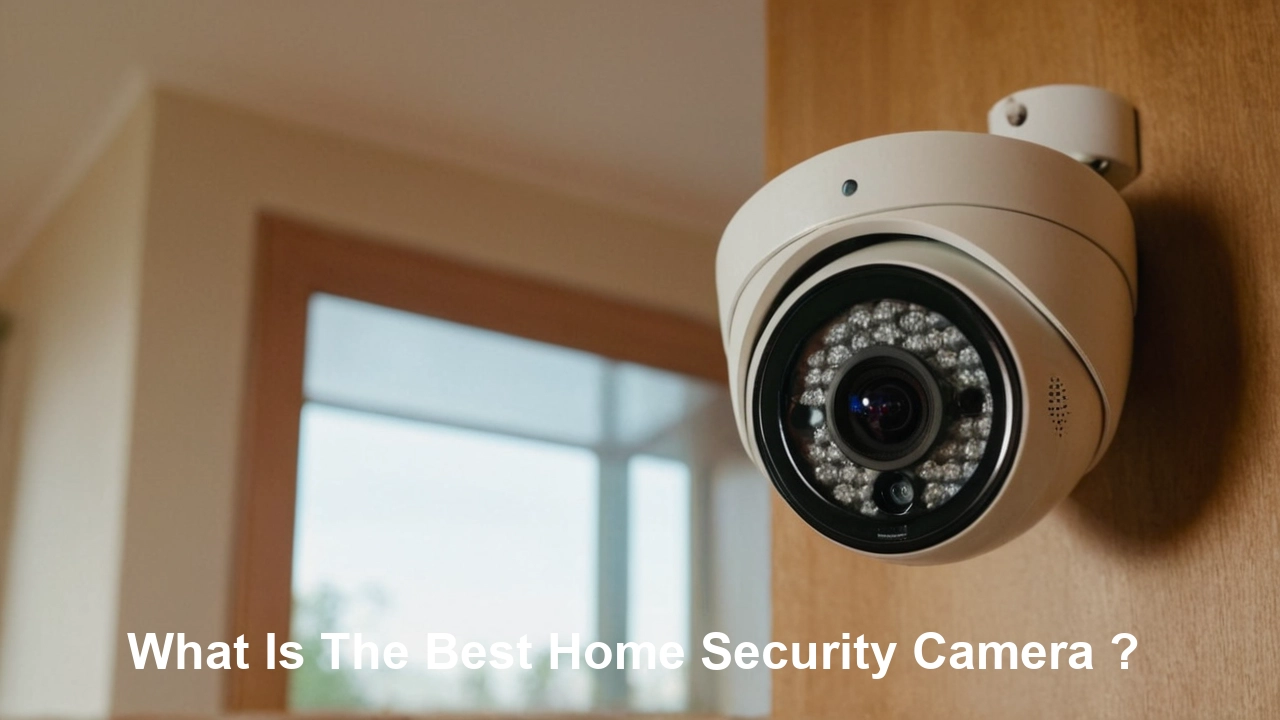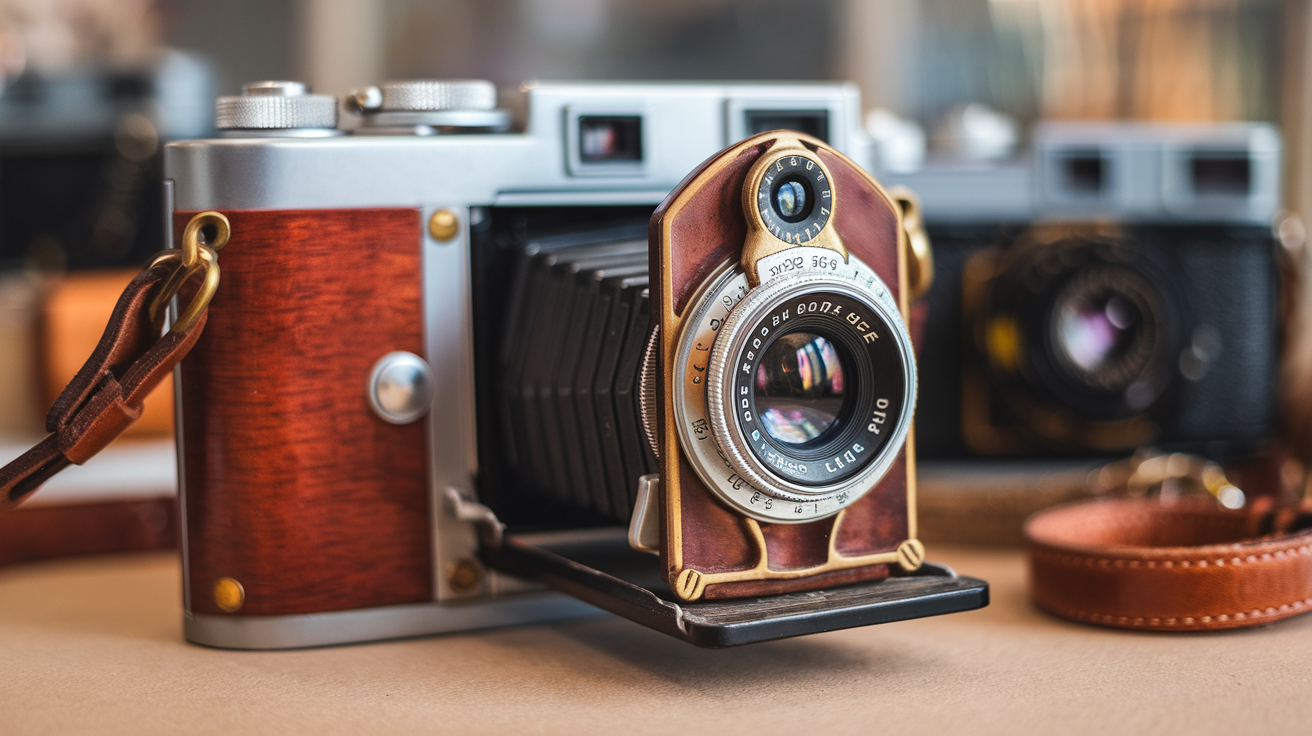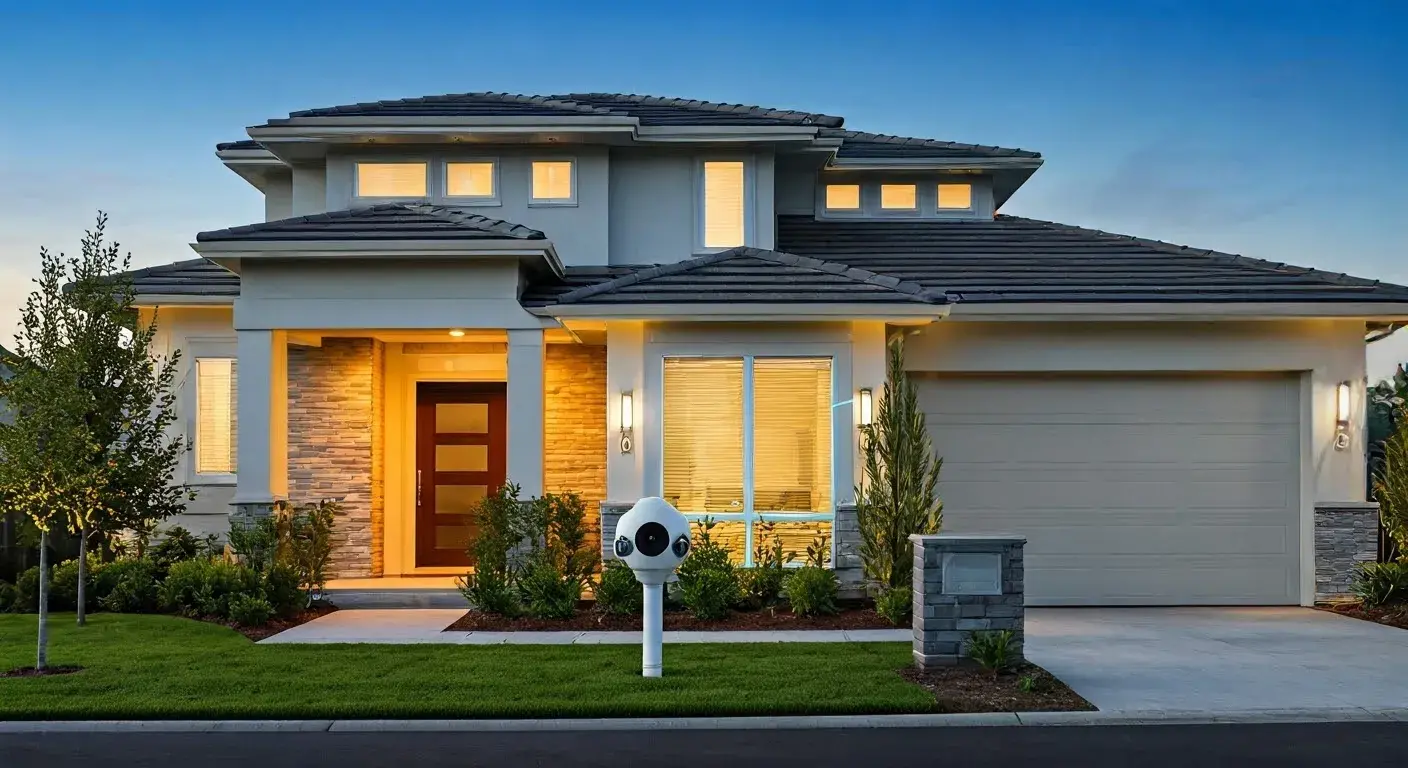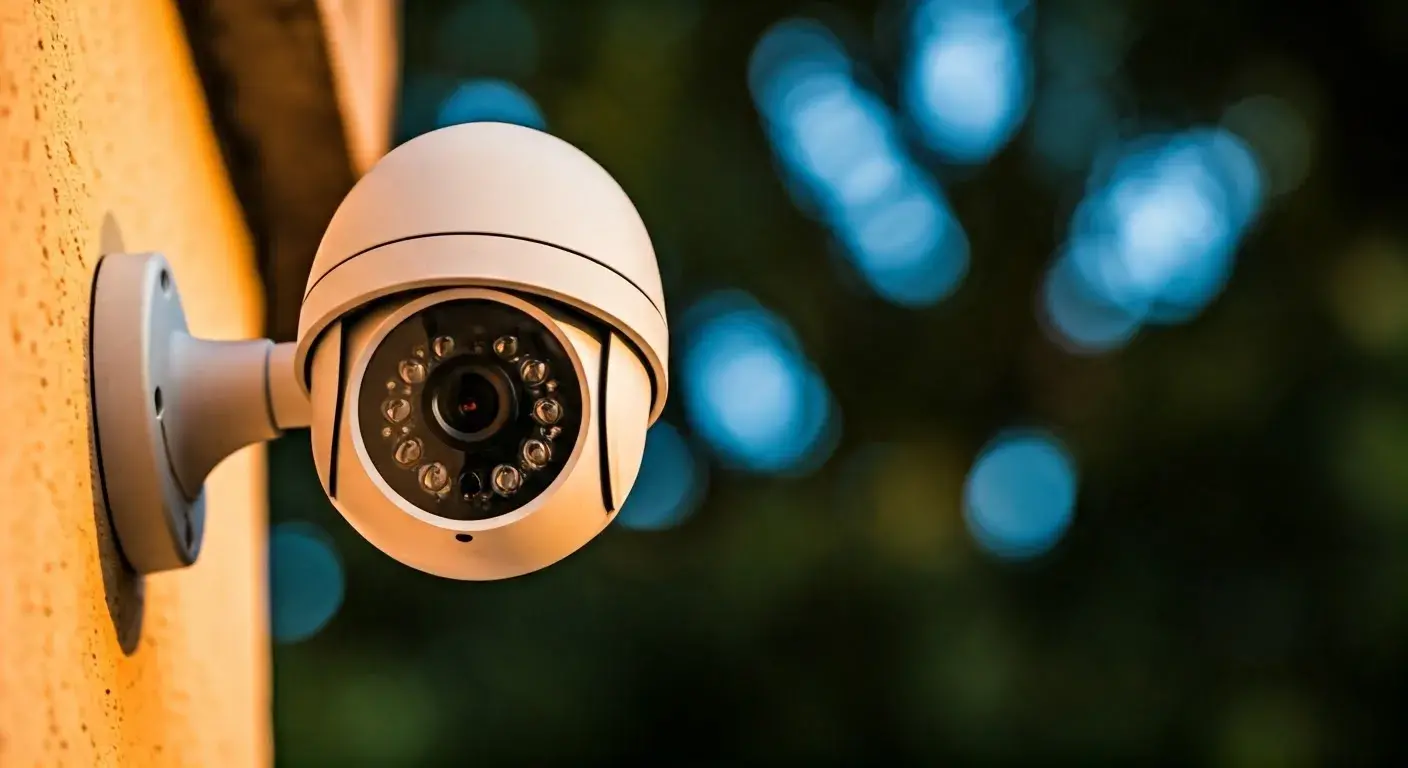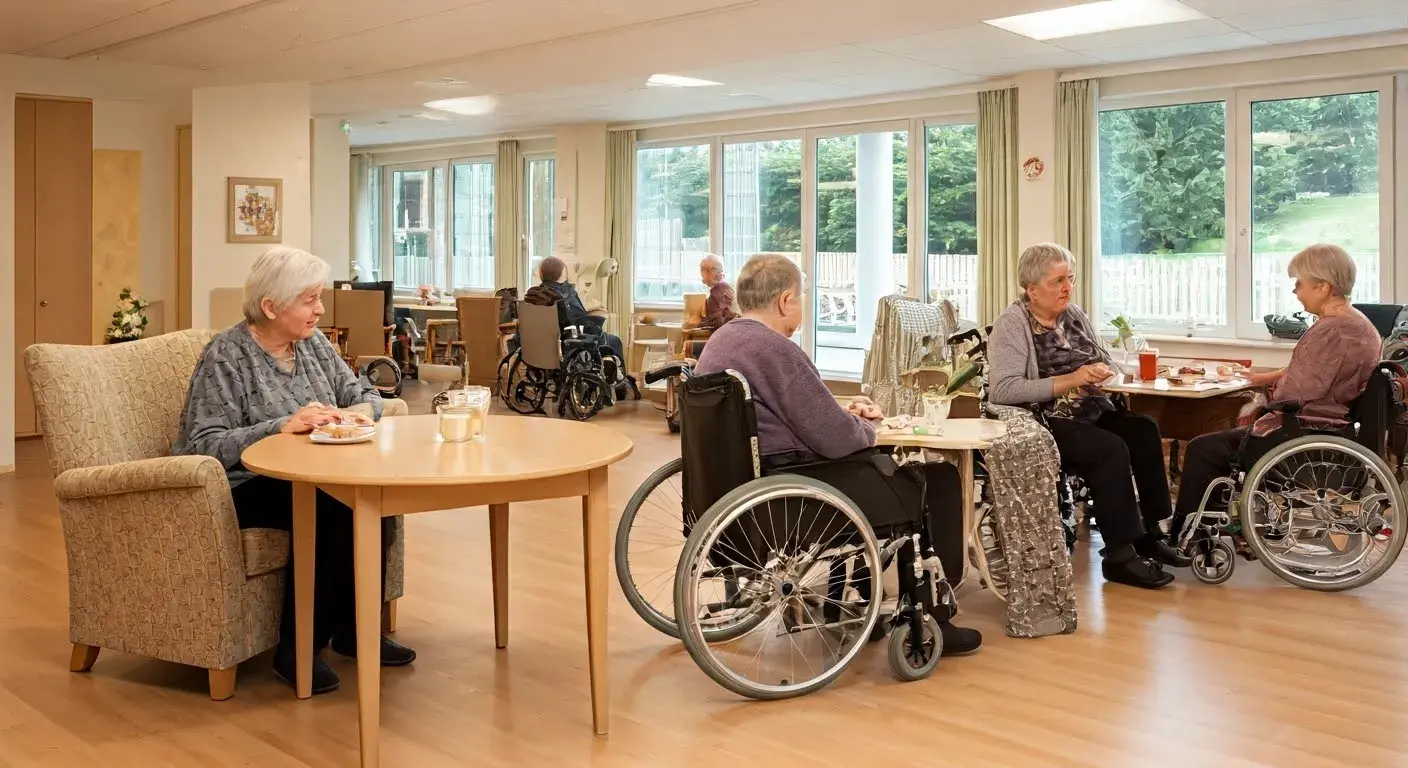The home security camera system is a simple and useful method of fighting against burglars and other unlawful intruders in your house or apartment. Home Security System cameras are one of the most common upgrades that people with their own homes or apartments are choosing nowadays due to a large number of inexpensive models. Yet, given the numerous camera models and types. You are going to get an overview of the most common categories of home security cameras and the factors that define the best security system.
Wireless vs Wired Security Cameras
The first decision that you will need to make is whether you want a wired Best Security Camera or a wireless security camera system. Wired surveillance cameras require a connection to the electrical and internet systems in your house to function. This makes wired cameras typically best suited for professional installation and entails stringing video cables to the places where you would like your cameras to be. Although it is easier to install, a wired camera system guarantees connectivity, high video quality, and endless video storage opportunities.
Wireless security cameras are easier to install since you do not need to run cables for video transmission, and these cameras can operate on batteries or other power sources apart from the usual cables. However, wireless cameras can pose certain disadvantages as compared to wired systems, such as reduced and inconsistent connection speed. They also necessarily have restrictions on video resolution and storage as they are wireless and depend on batteries. Nevertheless, wireless systems enable even more freedom as you can install CCTV cameras at any location of your choice on your land. Well, if running video cables around your home is out of the question, wireless cameras can still offer a good deal of flexibility for your security needs at the cost of certain connectivity and functionality issues.
Comparing Indoor Security Cameras to Outdoor Security Cameras
The choice to be taken next is whether the security cameras should be inside, outdoors, or both indoors and outdoors. Outdoor cameras are subject to elements like rain, snow, and even the blazing sun. When choosing the ideal outdoor security camera, certain factors should be given special thought: Since they will be positioned outside the home, the security cameras should be certified as weatherproof and have night vision. Although indoor cameras do not have to be weatherproof, you will want cameras with strong night vision or enough low-light image capture to see your property at night.
You can also choose between indoor or outdoor cameras that can be used both inside and outside the premises. Or connect different indoor and outdoor cameras into one full home security camera system that monitors the interiors and outer areas of your house. Just remember that outdoor cameras need to be connected to a nearby outlet source to function. Therefore you should think about how you will keep providing electricity to your outside cameras when choosing their placement.
Video Quality and Resolution
High-definition video recording is yet another crucial feature of any home security camera. This controls the clarity of recorded as well as real-time video clips the cameras collect. Horizontal video lines with standard HD resolutions measure video resolution including Horizontal video lines with typical HD resolutions define video resolution in:
- 1280 x 720p (720p HD) – This is today’s basic high-definition video quality.
- 1920 x 1080p (1080p Full HD) – Captures clearer and more detailed picture quality on video.
- 2560 x 1440p (1440p QHD) – Higher quality 4K videos can be supported.
- 3840 x 2160p (2160p UHD 4K) – The highest resolution available for video, with extraordinary sharpness and detail.
Thus, when choosing a home security camera system, determine the quality of videos you want, and then go for cameras that can capture videos at these qualities. High-definition 1080p or premium 4K video gives the best clarity of the image but it consumes more internet connection and storage space. Hence ensure that the home network as well as the camera storage capacity are adequate for the higher resolution videos.
Smart Home Compatibility
Most of the contemporary home security cameras are compatible with popular home automation systems such as Amazon Alexa, Google Assistant, and Apple HomeKit. This enables you to control and monitor the operation of the cameras or the feed from the cameras using voice to AI assistants. Smart assistant compatibility also allows you to watch live cameras on smart displays and manage other smart internet-connected devices in your home based on movement detected by cameras.
For the most well-integrated AI security camera, if you already have an in-home AI assistant device, or if you plan on building out other smart devices within your home, prioritize your search to include cameras that are compatible with your chosen AI assistant. This includes the Ring Indoor Cam, Nest Cam, and Arlo Pro 3. Note that some camera makers have a companion mobile app that requires a monthly or annual fee to enable smart assistant features.
A comparison between cloud storage and local storage options
One of the most important decisions that is usually not given enough attention is where to store the recorded video footage from home security cameras. You essentially have two options for saving video captured by your camera system:
Cloud Storage – Video is transmitted over the internet and is stored on servers that are located away from the camera. This makes it possible to have an offsite backup without the need for any local hardware at all. But it always comes with a monthly subscription for adequate cloud video storage space especially if the system has multiple high-definition security cameras.
Local Storage – Video footage is stored locally by having microSD cards on the cameras or a DVR gadget on the camera systems. Local storage, in most cases, offers almost unlimited storage with no monthly charges, though to use it, one has to buy memory cards for each camera or an external hard drive for a wired DVR unit. Also, data cannot be protected if a camera or DVR malfunctions, or if the equipment is stolen during a break-in.
Reflect upon how often you may need to view videos in the past and how much you are willing to spend on storing videos when determining which of the storage methods is best for you. While the average homeowner uses cloud storage for 1-3 external cameras, local storage is preferred for larger and more complex camera systems with 4 or more devices installed both inside and outside of the house.
Motion Detection and Alert Notifications
The idea of your cameras recognizing motion and triggering mobile notifications is the very purpose of the installation of a video surveillance system! Therefore, your security cameras should have adjustable motion sensors to distinguish between actual movement that needs a notification and other motion events that are simply not a threat, such as swaying trees.
You need the motion detection features that would be appropriate for the location of the cameras and the particular scene they are going to capture. Regarding indoor cameras such as the ones that monitor entry points, you probably want an immediate push notification to your mobile device every time there is a new movement. However, for cameras that capture a large outdoor yard area, there might be a desire for more intelligent motion AI to eliminate bogus movement that originates in the yard.
Also, think about how your cameras provide such push notifications, for example, push notifications to your smartphone or alerts tied to connected smart home hubs. The more options for receiving notification, the more convenient, therefore, there should be no less than 2 options so that the user does not miss the motion event at home or when away.
Other Factors to Consider When Buying Security Cameras
Along with the major decision factors already covered, here are some additional buying considerations when choosing home security cameras:
Field of View (FOV) Coverage – Ensure that the cameras are placed in a way that they capture intended spaces without gaps. Zoom feature – Incredibly helpful when trying to pan the camera and focus on a specific object or subject. Night Vision Quality – Infrared (IR) night vision is required for low-light vision capability. Two-Way Talk – Microphone integrated system for voice intercom. Siren and Strobe Light Deterrents – In case the intruders are detected, prevent them from accessing the premises. Multi-User Access – You can share it with other members of the same household. Expandability – Purchase basic kits and be able to add more cameras in the future. Warranty – A minimum of one year warranty on products sold.
Top Picks for the Best Home Security Camera
Taking into account all the decision criteria covered, below are my top recommended options across common home security camera types and use case scenarios:
Best Basic Starter Camera – Wyze Cam
High-value nonsense indoor/outdoor camera with support for local recording. Captures crisp 1080p HD video with motion and sound-activated recording for less than $40.
Smart Wireless Camera of the Year: Arlo Pro 4 Wire-free 2K HDR camera with 6 months of battery life and no false alarms due to motion AI. Fully wire-free makes it simple to set up Arlo Pro 4 anywhere.
Best Wired Camera System – Lorex 1080p NVR System Convenient 4-cam wired system providing sharp full HD security video in real-time and the dark, recorded with a built-in network video recorder. Pricier initially but it eliminates the need for monthly charges to be made.
Best Doorbell Camera – Ring Video Doorbell 4 New model with a full 360-degree vision to ensure that the visitors do not escape the attention of the staff. Serves as a comprehensive home security camera with adjustable motion zones and is backed with smart notifications. It is compatible with Ring’s number one smart home system in a very smooth manner.
Best Cheap 4K Camera – Reolink 4MP Security Camera 8MP ultra-high resolution 4K Super HD live stream and record without the high cost of other premium cameras. It is also built to be sturdy and weatherproof, which makes it great to be used outdoors.
Protect your home today with ADT’s top-rated security solutions!
Call now at +1 877-470-7879 to get a free consultation and find out how you can secure your home with the best in the business. Don’t wait—ensure your peace of mind with ADT!
